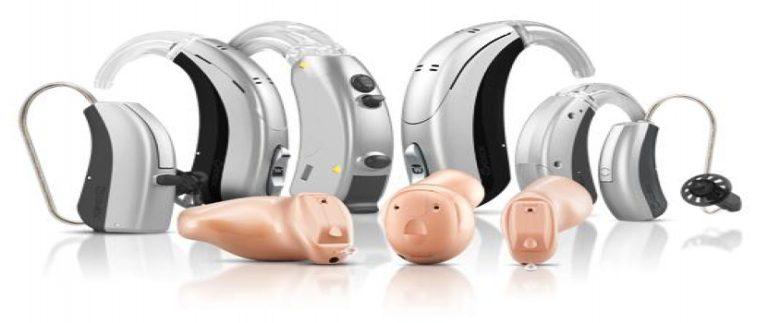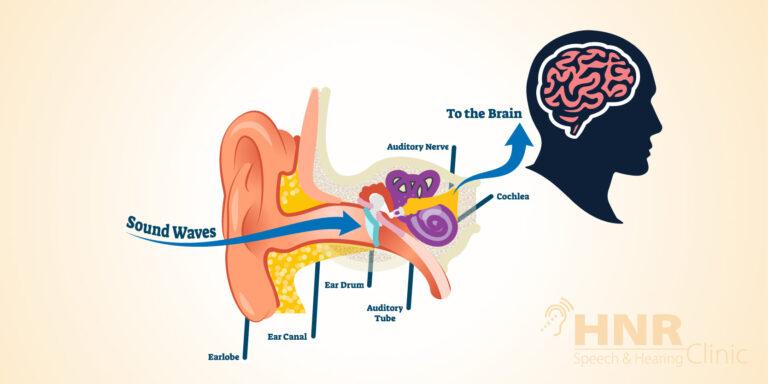How Treating Hearing Loss Helps Your Mental Health?
Hearing Impairment and Mental Health: Hearing Loss is not just a physical inability to hear. Moreover, it can affect mental being too! We can observe a lot of behavioral and lifestyle changes in both children and adults once they realize that they are suffering from hearing loss. Mentally and emotionally, people become weak and get…

Hearing Impairment and Mental Health:
Hearing Loss is not just a physical inability to hear. Moreover, it can affect mental being too! We can observe a lot of behavioral and lifestyle changes in both children and adults once they realize that they are suffering from hearing loss. Mentally and emotionally, people become weak and get affected by their self-esteem.
What Happens With Untreated Hearing Loss?
Persons with hearing loss often cannot participate in conversations, festivities, and public communication. They feel embarrassed to ask others to repeat and end up giving inappropriate answers. They drop connections and can’t follow what people are speaking about. In some cases, people with severe hearing loss assume that others are talking or murmuring about them. Untreated hearing loss leads to anxiety, anger, fatigue, social withdrawal, self-isolation, denial and eternally depression.
Psychological perspectives of hearing loss:
Brian Wind says, “Hearing impairments negatively impact both professional and personal life.”
Also, persons with hearing loss gradually avoid phone calls as they feel muffled and avoid group discussions as well as talking. The disappointment of not hearing makes people frustrated, depressed, and they will start social withdrawal. They deprive themselves of connecting with family, friends or loved ones and ignore going out, especially in a noisy environment. Furthermore, people will try to stay alone and become less enjoyable.
How Can Hearing Loss Treatment Fix Your Mental Health?
Treating hearing loss can relieve a person from emotional illness. Visit the Speech and Hearing Clinic and take advice from the best hearing care professionals for the diagnosis. Hearing loss is treated with Different types of hearing aids up to a maximum extent; unless it is profoundly severe hearing loss, it does not require a cochlear implant surgery. It can decrease the risk of depression, and decrease the levels of dementia. With hearing aids, people feel independent, experience more effective relationships with their families, and enhance well-being, overall health & quality of life.







